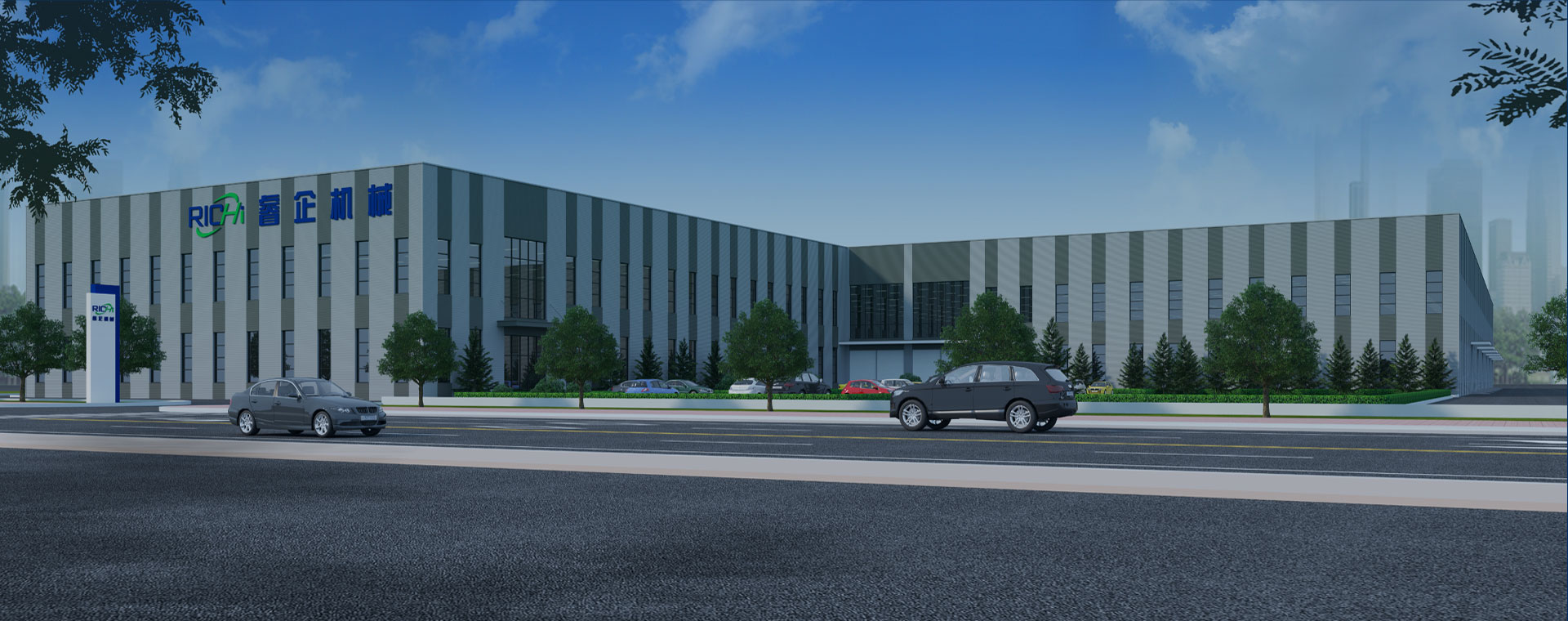
FAQs on pellet making machine, pellet mill, or other related equipment. Common problems when using the pellet machine and how to solve it.
The most important thing in the laying period of laying hens is to let the chickens quickly enter the peak laying period. The reproductive system develops and matures rapidly in the early stage of laying, the weight keeps increasing, and the laying rate rises rapidly. The physiological stress response of laying hens is very large, and the ability to adapt to the environment and resist diseases will decline. Therefore, we must strive to reduce external interference and Stress and create a good egg-laying environment, so we must do the following aspects of feeding and management.

1. Temperature management:
The chicken house is too cold in autumn and winter, which will reduce the egg production. Therefore, in winter, pay attention to measures such as cold protection and warmth. (The most obvious in winter is that all chicken coops with freezing or free-range chickens will have a low egg production rate. High) This proves that the relationship between temperature and egg production rate is very important.
2. Humidity management:
In autumn and winter, the doors and windows are often closed. The humidity of the chicken house is high. The optimal humidity of the chicken house should be 45-55%. If the humidity of the chicken house is too high, it will cause coccidia and E. coli. If the humidity is too low, the dust of the chicken house will be flying. Will irritate respiratory diseases.
3. Ventilation management:
Enhance ventilation within the temperature required by the chickens, reduce the ammonia odor of the chicken house, keep the air fresh, and give the chickens a comfortable environment.
4.light management:
The light during the laying period can only be extended, not shortened. The light time is gradually increased to 16 hours a day. Calculated from the start of production, an increase of half an hour per week, to 16 hours a day before the peak period, and 17 hours from the peak period to the late period of laying. The light intensity cannot be weakened, and the light intensity should not be changed at will.
5. Environmental Management:
Improve environmental sanitation, use disinfectant to spray and disinfect the chicken coop regularly, set up a disinfection pool at the door, and refuse to visit by outsiders. Keeping staff must be fixed, and the time for turning off lights, feeding, cleaning manure, and cleaning must be fixed every day.
Note: What are some diseases often encountered in autumn and winter?
1. A few days ago, some farmers asked about the reason why chicken pulls gray and loose manure? Generally this season, some intestinal diseases are prone to occur. Due to the coming of new corn and the cold weather, the body weakens the spleen and stomach, causing chickens. Chronic diarrhea.
2. Some farmers have cultivated to eliminate salpingitis once a month and give a Newcastle disease vaccine once a month. This approach is too blind. We can comprehensively analyze and look at the spirit of the flock, feces, egg production rate, egg quality, and most Good for antibody testing. Save cost, scientific breeding.
3. Chicken chronic respiratory tract is prone to occur in the season, no casualty rate or low casualty rate, slight loss of feed in large groups, poor egg quality, and snoring, coughing, and croaking at night.
4. If the chicken house is poorly ventilated, chronic breathing, colibacillosis, etc. are easy to form. Caused by harmful gas irritation. If the ventilation is large, the chickens will catch a cold and the egg production rate will decrease.
5. Laying hen salpingitis:
Some are caused by Escherichia coli, Salmonella, etc., due to the peak period of egg production, poor self-immunity, partial loss of the mucosal function of the fallopian tube, or stress factors such as temperature changes, immune operations, etc. There are also other diseases that cause salpingitis.
6. Record:
Pay attention to the flock and make production records. Record in detail whether the flock is healthy, as well as feed intake, egg production, death and elimination, etc., pay close attention to the status of the flock, and diagnose and treat diseased chickens quickly (the disease can be initially judged based on the quality of the eggs).

Precautions:
1. Conditional chicken farms should conduct antibody monitoring after immunization to grasp the immune effect of the vaccine. If the immune effect is not satisfactory, remedial measures should be taken.
2. The chicken farm should have good isolation measures. The living area, egg-laying house, rearing house, and brooding house should be reasonably arranged.
3. People are one of the main ways of spreading the disease. The chicken farm should decline to visit, and the staff should shower and change clothes when entering and leaving.
4. Conduct disinfection of the outside environment of the chicken house at least twice a month, and disinfection with chickens at least once a week.
5. Pay attention to the sanitation of feed and drinking water to prevent bacterial diseases and coccidia.
6. The nutrient level during the peak period of egg production cannot be changed casually. Only by keeping a high nutrient level close to the physiological needs of the peak egg production period can the duration of the peak egg production period be long.
[More info about layer chicken feed and breeding]
(1)how to make chicken feed for layers?
(2)how to start layer chicken feed business in kenya
(3)5 ton per hour poultry layer chicken feed pellet making plant
(4)layer chicken feed production machine
(6)1 ton per hour poultry chicken layer feed pellet making plant
(7)10t/h chicken feed pellet production machine line for layer feed

For all inquiries fill in the form below to send us a brief message,and we will get back to you as soon as possible

RICHI stick to the service principle is: We are focusing on your future, your future is our future!
© HENAN RICHI MACHINERY CO., LTD 1995-2025
Product Line-Up / Privacy Policy